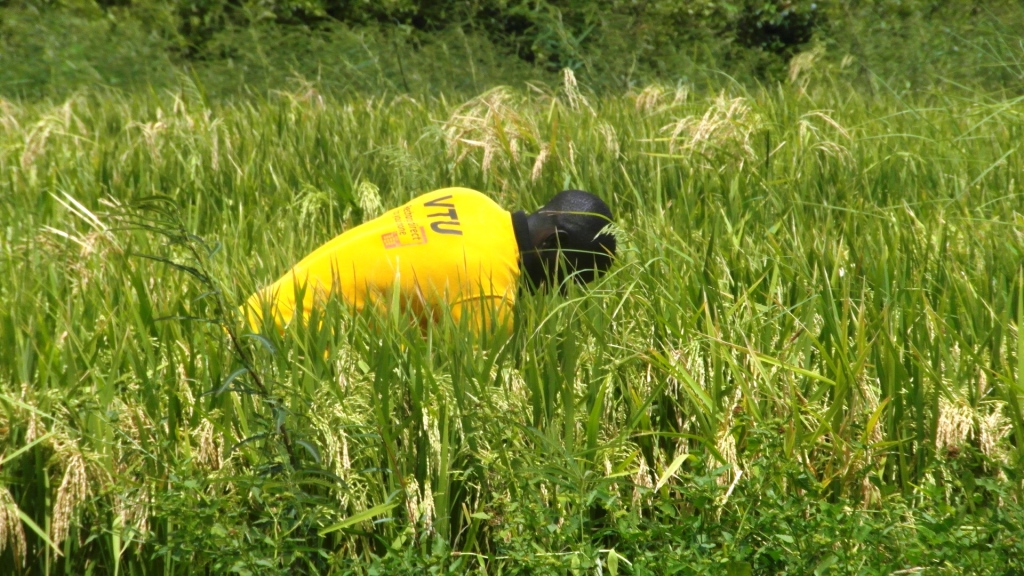A big rice farmer in Benue State, Vitalis Tarnongu, has identified finance and harvest theft as the major twin challenges bedeviling his rice farm due for reaping in November 2020.
Tarnongu whose rice farm sits on about 174 hectares of land in different locations across the state, also told our correspondent in an interview in Makurdi, that he started with Olam Nigeria Limited as an out grower and then grew to become an aggregator saddled with the responsibility of coordinating farmers group.
- #EndSARS: Oluwo Seeks Inclusion Of Traditional Rulers In Panel Of Inquiry
- We’re Reinventing Northern Nigeria’s Rich Heritage- Director, Arewa House
“It has been difficult to access finance to engage in commercial production since banks are not ready to finance agricultural production. There is a very serious case of stealing from farm, I mean produce theft. The locals steal a lot.
“We also have problem of undeveloped land. Most of the Fadama land available are not well developed, so I must develop the land first and after a year or two, the owners will take back their land. We also lack mechanization equipment such as tractor, reapers/harvesters, threshers thus making commercial rice production difficult,” he said.
The rice farmer further explained that from coordinating farmers group, he gradually set up his personal farm and got support from Olam and USAID Market 1, adding that after some years, the support ceased and ever since he had stood on his own by establishing a cooperative society registered with the Ministry of Rural Development and Cooperatives in Benue State as well as with the Corporate Affairs Commission (CAC) to enable him practice agriculture at primary production level.
He has never secured any financial facility from either the Central Bank of Nigeria (CBN) or commercial banks despite making frantic efforts just as he faulted the CBN anchor borrowers program for bureaucratic problem such that before approval comes, the farmers no longer need it.
Tarnongu, however, over the years reinvested proceeds into the farm thus scaling up production and using part of it to take care of his family needs, children school fees, assist relations among other things.

 Join Daily Trust WhatsApp Community For Quick Access To News and Happenings Around You.
Join Daily Trust WhatsApp Community For Quick Access To News and Happenings Around You.


